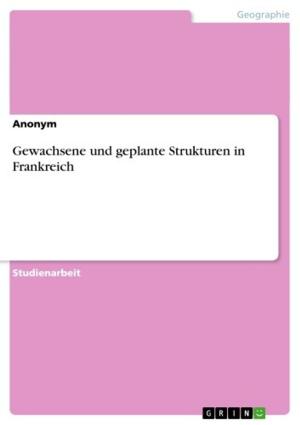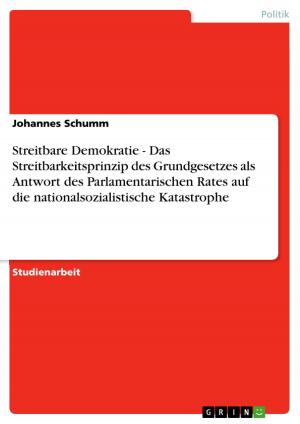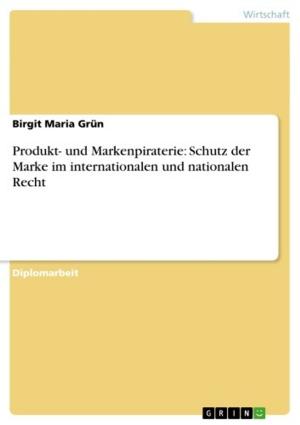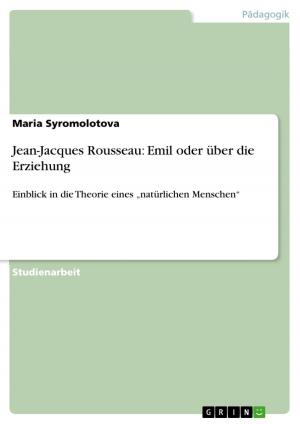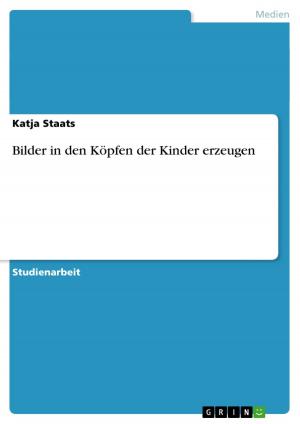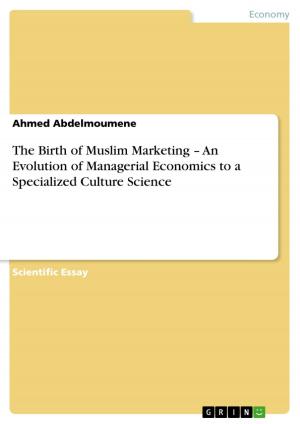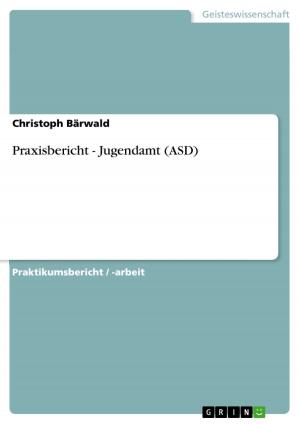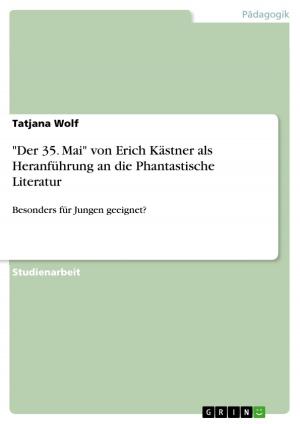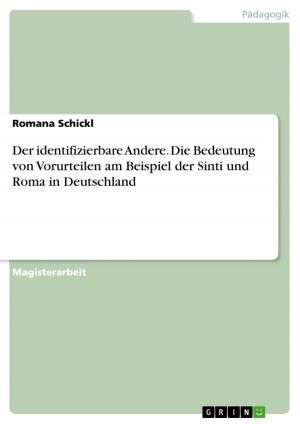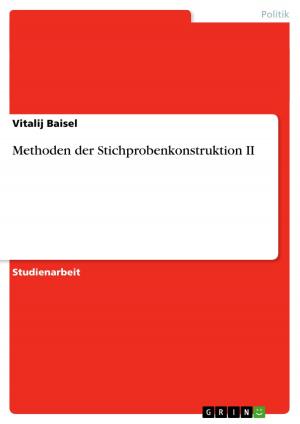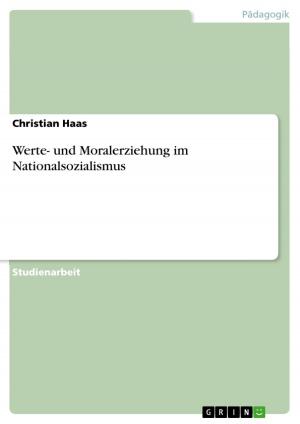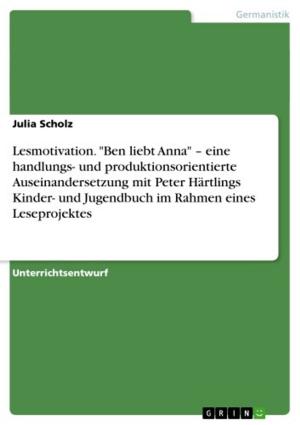'Truth is one, the sages speak of it by many names'
On Eastern and Western Values
Nonfiction, Reference & Language, Language Arts, Communication| Author: | Hans Durrer | ISBN: | 9783640972227 |
| Publisher: | GRIN Verlag | Publication: | August 1, 2011 |
| Imprint: | GRIN Verlag | Language: | English |
| Author: | Hans Durrer |
| ISBN: | 9783640972227 |
| Publisher: | GRIN Verlag |
| Publication: | August 1, 2011 |
| Imprint: | GRIN Verlag |
| Language: | English |
Essay from the year 2004 in the subject Communications - Intercultural Communication, grade: distinction, Charles Darwin University, language: English, abstract: The culture we are born into shapes the way we look at the world. Culture, this work claims, is man-made and tends, on the one hand, to secure the predominant social practises, its function is to stabilise the existing order; on the other hand, it is an expression of what its members aspire to be. The notions of 'Orientalism' (how the West sees the East) and 'Asian values' (how Asia sees herself) are explored before criteria such as rationality, justice, democracy, individual liberty, separation of church and state, and tolerance, that are generally perceived as European, but also as Western, are examined. Despite them having the same roots, European and Western values vary not inconsiderably because they are interpreted (and practised) not in the same way in Europe and in the US. The reason (also for the differences between Eastern and Western values), it is claimed, lies in the politics of power: differences in values are emphasised and thus enforced for political purposes. Furthermore, cultural values, it is argued, are not 'naturally' there, they are constructed ideologies and need to be put back in their place for it is our natural commonalities that (should) essentially matter.
Geboren 1953 in Grabs, Schweiz. Erwarb in Basel das juristische Lizentiat, in Cardiff den Master of Arts in Journalism Studies, in Darwin den Master of Applied Linguistics und in Stirling das University Certificate in Drug and Alcohol Studies. Lebte in Südostasien, arbeitete in Kalifornien und im südlichen Afrika, lernte lateinamerikanische Mentalitäten in Zentralamerika und, vor allem, in Kuba kennen, unterrichtete in Argentinien, Brasilien, China, Dänemark, Finnland, der Schweiz, Thailand und der Türkei. Verfügt über Berufserfahrung aus Buchverlagen, als Delegierter für das Internationale Komitee vom Roten Kreuz, aus Public Relations, als Bibliothekar, Lehrer, Dolmetscher, Übersetzer, Ghostwriter, Suchtberater und als Autor. Arbeitet heutzutage als Autor, Suchtberater und Dolmetscher.
Essay from the year 2004 in the subject Communications - Intercultural Communication, grade: distinction, Charles Darwin University, language: English, abstract: The culture we are born into shapes the way we look at the world. Culture, this work claims, is man-made and tends, on the one hand, to secure the predominant social practises, its function is to stabilise the existing order; on the other hand, it is an expression of what its members aspire to be. The notions of 'Orientalism' (how the West sees the East) and 'Asian values' (how Asia sees herself) are explored before criteria such as rationality, justice, democracy, individual liberty, separation of church and state, and tolerance, that are generally perceived as European, but also as Western, are examined. Despite them having the same roots, European and Western values vary not inconsiderably because they are interpreted (and practised) not in the same way in Europe and in the US. The reason (also for the differences between Eastern and Western values), it is claimed, lies in the politics of power: differences in values are emphasised and thus enforced for political purposes. Furthermore, cultural values, it is argued, are not 'naturally' there, they are constructed ideologies and need to be put back in their place for it is our natural commonalities that (should) essentially matter.
Geboren 1953 in Grabs, Schweiz. Erwarb in Basel das juristische Lizentiat, in Cardiff den Master of Arts in Journalism Studies, in Darwin den Master of Applied Linguistics und in Stirling das University Certificate in Drug and Alcohol Studies. Lebte in Südostasien, arbeitete in Kalifornien und im südlichen Afrika, lernte lateinamerikanische Mentalitäten in Zentralamerika und, vor allem, in Kuba kennen, unterrichtete in Argentinien, Brasilien, China, Dänemark, Finnland, der Schweiz, Thailand und der Türkei. Verfügt über Berufserfahrung aus Buchverlagen, als Delegierter für das Internationale Komitee vom Roten Kreuz, aus Public Relations, als Bibliothekar, Lehrer, Dolmetscher, Übersetzer, Ghostwriter, Suchtberater und als Autor. Arbeitet heutzutage als Autor, Suchtberater und Dolmetscher.

